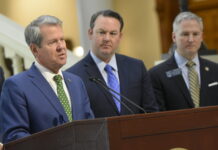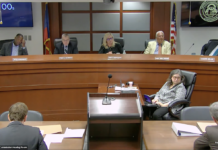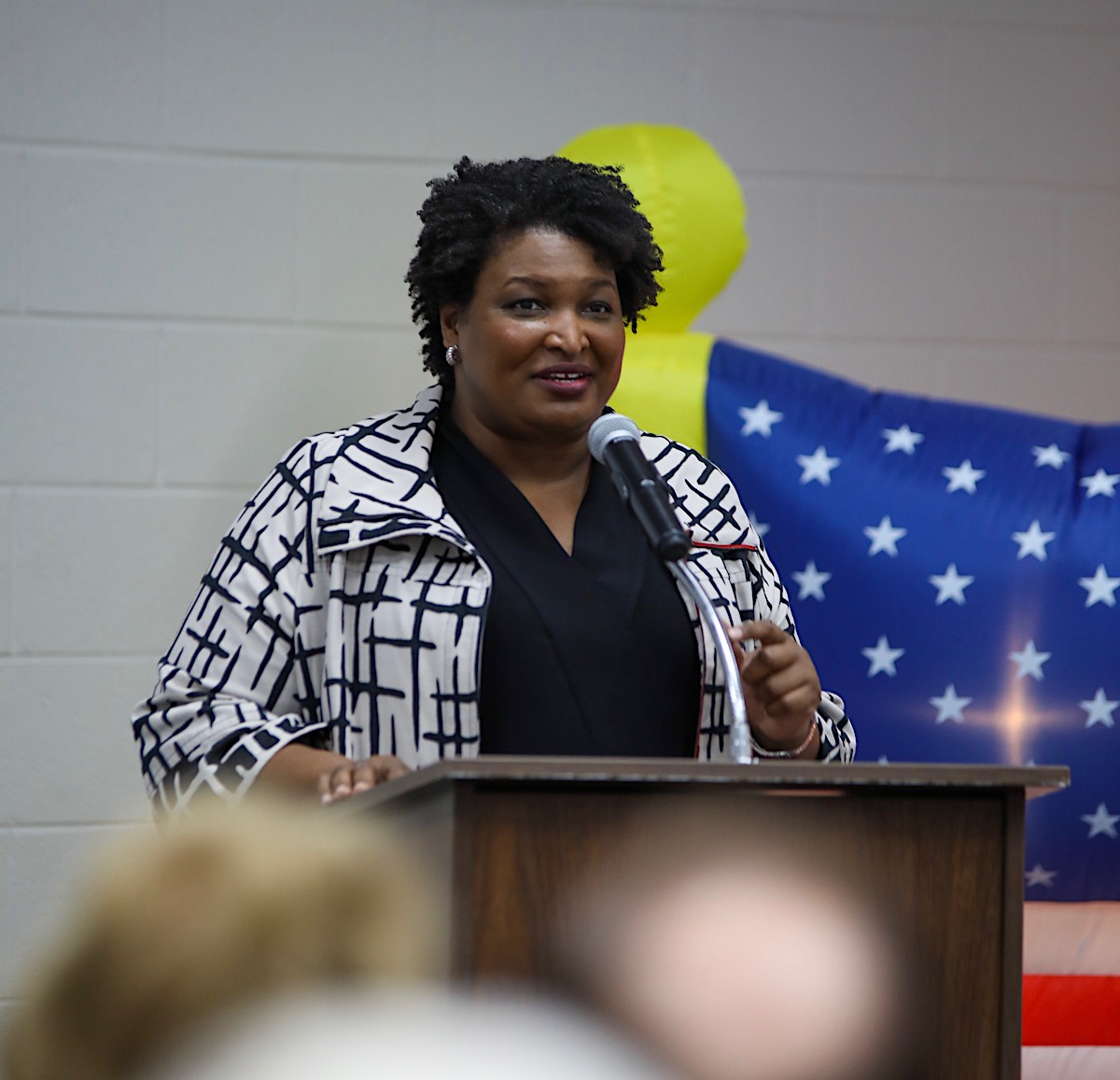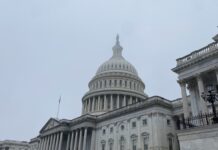
(GA Recorder) — The Georgia High School Association has changed its rules for determining the gender of a student athlete in a move that will prevent transgender students from playing on teams that match their gender identities.
The association, which oversees sports in 465 public and private schools across the state, approved the change with a unanimous vote Wednesday, according to meeting minutes.
Under the new rules, a student’s gender will be determined by what is written on his or her birth certificate. Previously, the association honored gender determinations made by schools.
The change comes less than a week after Gov. Brian Kemp signed a raft of educational reform bills, including one aimed at trans student athletes. That bill will create a committee whose responsibilities include determining whether students who are assigned male at birth should be able to compete on girls’ teams.
That committee process hasn’t happened yet, and the vote was taken by the full GHSA executive committee, to the dismay of transgender advocates like Sen. Sally Harrell, an Atlanta Democrat.
“I’m disappointed that the Georgia High School Association went forward so quickly with the decision,” said Harrell, who spoke against a similar bill from the state Senate floor as the mother of a transgender child. “According to the legislation that passed, House Bill 1084, they were supposed to establish a ten-member, special committee to investigate and determine if this policy was necessary. They have not. They have not established the committee, and they did no investigation.”
The supposed unfairness of transgender athletes competing with women and girls has been a flashpoint among conservatives throughout the country. They point to examples like University of Pennsylvania swimmer Lia Thomas, a transgender woman who won a women’s national championship, but advocates of the ban have not given any examples of transgender girls dominating girls’ sports in Georgia.
In spite of that, Republican lawmakers made the measure a priority for this year’s legislative session, and Gov. Brian Kemp placed it on his list of most wanted legislation.
A bill that would have fully banned transgender girls from school sports passed the Senate but did not receive a House vote, leading advocates to hope it was dead. But in one of the session’s most dramatic twists, Republican lawmakers grafted language onto a bill related to teaching divisive concepts in the classroom just as the final day of the session came to a close.
Association Executive Director Robin Hines said the committee will still be formed, but he said Wednesday’s vote had nothing to do with the law that passed.
He also said he does not see it as discriminatory against transgender students.
“In my mind, this was not a transgender issue; this was a competitive balance issue,” he said. “Understanding that there are biological differences between males and females, athletically. The Georgia High School Association works on competitive balance in many different ways. Smaller schools are in regions with smaller schools, not larger schools. So it’s a competitive and fairness in sports issue.”
Conservative leaders struck a similar tone.
“Sports teach our kids teamwork and discipline, and we know that for girls, there’s a high correlation between playing sports and earning good grades, having a strong self esteem and staying out of trouble,” said Senate Pro Tem Butch Miller, who is running for lieutenant governor as a Republican. “That’s why we can’t and won’t let the craziness of the woke mob destroy girls’ sports. It’s called girls’ sports for a reason – it’s for girls.”
President of the conservative lobbying group Frontline Policy Action Cole Muzio hailed the vote as a win against the “woke mob” “lying to kids and seeking to mold them in a way that does not conform to biology and how God has made them.”
“This move, however, is simply about fairness – about everyone having an opportunity to participate on the field of fair play,” he said in a statement. “This is the right move from the Georgia General Assembly and for the GHSA, and we are so grateful!”
Parents of transgender children see it differently. They call it a cynical election-year ploy at the expense of children who often face exclusion and bullying at a time in their lives when it can feel extremely important to feel a sense of belonging.
According to the Trevor Project, a suicide prevention and crisis prevention organization for LGBTQ young people, 42% of LGBTQ youth seriously considered attempting suicide in the past year, including more than half of transgender and nonbinary youth.
“I do think that they will take this as a rejection of who they are,” Harrell said. “And it concerns me because it seems that a number of these kids have mental health issues. and I fear that this is being pushed for no particular reason, since everybody seems to agree that it’s not a problem at this point.”
Jen Slipakoff, a Georgia resident and parent of a transgender student, agreed.
“This decision is absolutely devastating to families like mine,” she said. “The cruelty that goes into going after the most vulnerable children is truly astounding. The painful consequences are going to be detrimental to every trans child’s mental health, and they will be negatively impacted for years to come, if not for the rest of their lives.”
Harrell said she hopes more schools will institute inclusive intramural sports leagues so students can participate and learn about teamwork and fair play regardless of their skill level or gender identity.
“If we build more infrastructure for recreational sports, then all kinds of kids can reap the benefits,” she said. “Short kids, tall kids, kids who didn’t get their training early enough or can’t afford the training necessary to be more competitive. We need more opportunities for all kids to participate in high school sports rather than banning, rather than targeting a certain group of kids.”
This article has been updated







